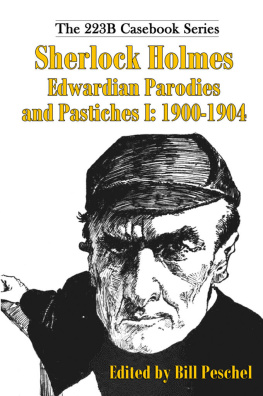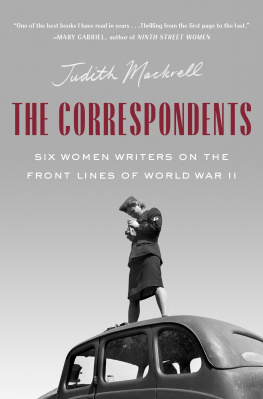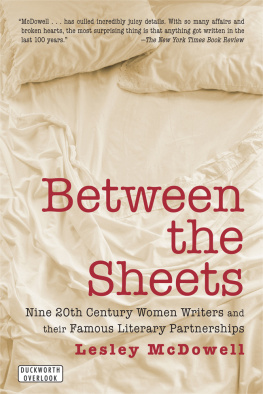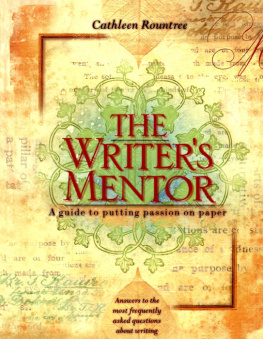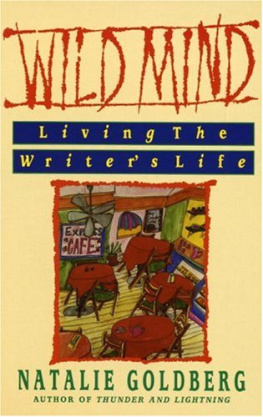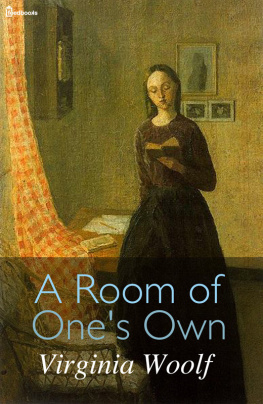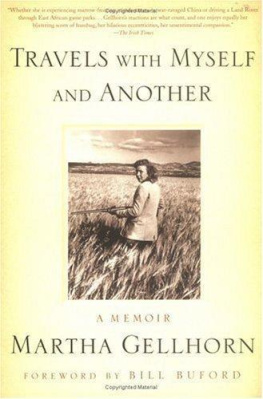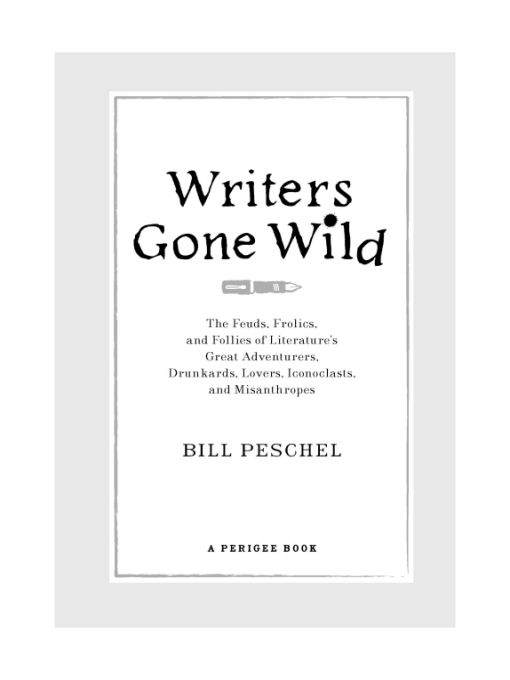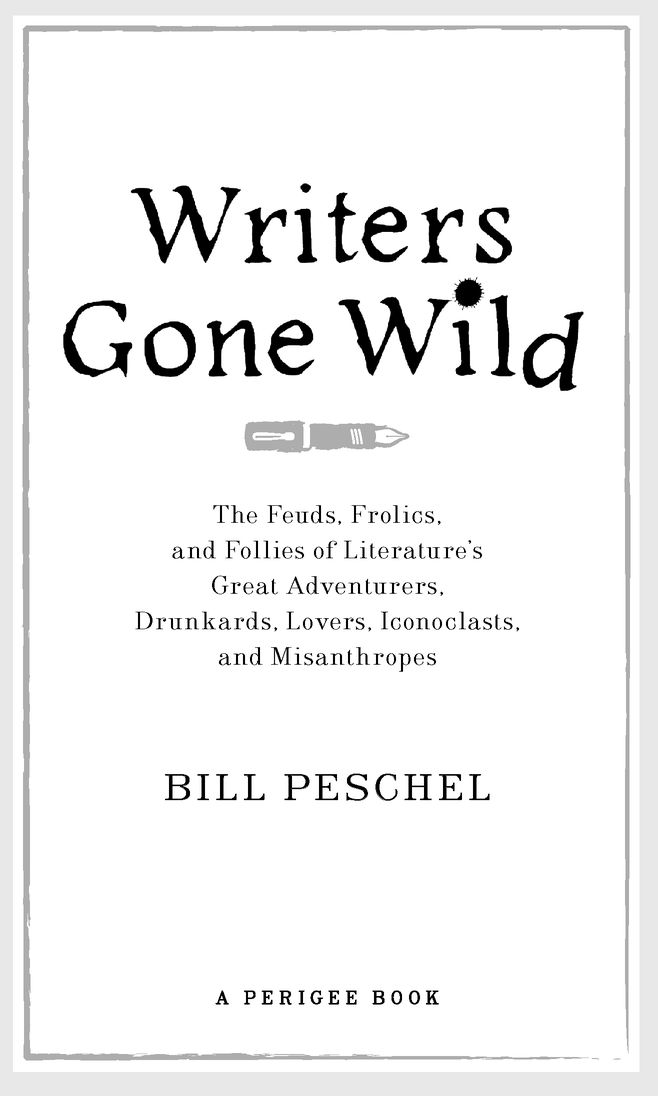Table of Contents
To Teresa
Introduction
George Bernard Shaw inspired this book. Particularly his condoms.
On July 18, 1885, the poor, unknown Irishman, scraping by in London on journalism and in lust with the older Jenny Patterson, bought a packet of French letters. After examining them thoroughly, he noted in his diary both the price5 shillingsand that they extraordinarily revolted me.
When I read the story 109 years later in Michael Holroyds excellent four-volume biography, something clicked in my head. My immature imagination had conceived of writers as special, sparkly people. They still are, to me. But theyre also like me: fallible, fumbling, and sometimes foolish. Shaw was no longer just the genius playwright who knew what was good for us, including vegetarianism, simplified spelling, and communism. He became human, carefully counting his pence and fretting about sex, what he would later call in his diary the novel experience with Jenny that marked his twenty-ninth birthday.
Shaws story was so fascinating that I noted the affair, with its near Fatal Attractionlike conclusion, and amused myself with the idea of creating a book of days, with holidays marking silly and serious mile-stones in writers lives. Over the years, I added to this collection: from biographies sent to me for review and books scarfed up at library sales.
Then the Internet came along. I discovered English newspapers writing about Dylan Thomas dodging machine-gun bullets, Mario Vargas Llosa decking Gabriel Garca Mrquez, and Somerset Maugham slamming Hugh Walpole. On a personal website, someone posted a long essay about the day Henry David Thoreau burned down a forest. Both The Writers Almanac with Garrison Keillor and Steve Kings Today in Literature provided inspiration. Wikipedia supplied leads on the reaction to Alfred Jarrys Ubu Roi and Johann Goethes Sorrows of Young Werther. Novelist Jonathan Amess too-brief Literary Dick blog examined Henry Jamess mysterious injury and Mary McCarthys interest in penises.
When my book-of-days idea morphed into Writers Gone Wild, Google Books supplied contemporary accounts of John Miltons exhumation, Jacqueline Susanns anger at President Kennedy getting himself assassinated, Dostoyevskys near-execution, O. Henrys stint in prison, and Robert Burnss shagging. By this time, my worry wasnt so much about finding enough great stories but deciding which ones to tell.
Some will call this book a collection of gossip, to which I will stand at the bar and plead guilty. In mitigation, it is through gossip that we experience lifes rich variety, and it gives us the opportunity to understand and empathize with the struggles these artists endured and lets us draw connections between their lives and their works. Great books do not arise in a vacuum, but from the humus of daily living.
Plus, theyre great fun to read.
And if you meet the spirit of George Bernard Shaw before I do, tell him Im sorry. Sort of.
BILL PESCHEL
HERSHEY, PENNSYLVANIA
PART ONE
On the Job
Dramatic Debuts
Iconoclastic, shocking, or just plain weird, these works inspired tsunamis of outrage.
Johann Goethe: Threat or Menace? (1774)
The next time youre told that rock music, graphic novels, and violent video games are corrupting our youth, remember that German novelist Johann Wolfgang von Goethe got there first. At age twenty-three, his tale of a doomed youth, The Sorrows of Young Werther, thrilled readers and outraged moralists.
Like a Teutonic Holden Caulfield, the sensitive romantic Werther is disgusted with societys hollow values. Passionately in love with Lotte, he prefers to die rather than see her marry the dull, plodding Albert and, in an ironic twist, shoots himself using her fiancs pistols.
Goethe found inspiration for his story close at hand. As a newly minted lawyer in Wetzlar, he was befriended by Karl Jerusalem, who introduced him at a ball to Johann Kestner and his fiance, Charlotte. Goethe fell deeply in love with the nineteen-year-old girl, but she preferred her stolid Johann. Distraught, Goethe fled Wetzlar but remained in touch with the couple and even attended their wedding.
Goethe wasnt the only man unhappily in love. When a married woman rejected Jerusalem, he borrowed two pistols from Kestner and shot himself. Goethe combined his misery with Jerusalems tragedy and wrote his debut novel in only four weeks.
The Sorrows of Young Werther became the book to read in 1774. The official edition was translated into several languages, and pirated editions flooded the market. Writers jumped on the band-wagon with their Werther-like stories. Manufacturers cranked out fan memorabilia such as bread boxes decorated with scenes from the novel and porcelain statues of Werther and Lotte. Young men copied Werthers signature outfit of a blue frock coat with tin buttons, leather waistcoat, brown boots, and a round felt hat. Poor Jerusalems grave became the site of candlelit ceremonies.
But some countries banned the book when several men, and at least one woman, followed Werthers lead and committed suicide, forcing the publisher to add to later editions a warning from Werther to be a man and do not follow after me.
Everyone was happy with Werthers success, it seems, except the Kestners. The real Lotte would... be grieved if she were like the Lotte you have there painted, Herr Kestner wrote Goethe. As for Albert, he moaned, Need you have made him such a blockhead?
Goethe tried to make amends, but he couldnt help crowing a little. Tell Charlotte, he said, to know that your name is uttered by a thousand hallowed lips with reverence, is surely an equivalent for anxieties which would scarcely... vex a person long in common life, where one is at the mercy of every tattler.
Perhaps. It could also be thatto a man rejected in lovesuccess is the best revenge.
Baudelaires Evil Flowers (1857)
When it comes to disaffected, dissipated poets, Charles Baudelaire stands alone. He drank heavily and indulged in laudanum. He caroused with prostitutes, especially Jeanne Duval, with whom he was madly in love but who didnt care for him except when he had money. He spent his francs foolishly, running through an inheritance within two years and borrowing heavily from anyone unwise enough to lend him money. Considering his indulgences, its a wonder he reached forty-six before dying.
Baudelaires weaknesses were matched by his groundbreaking poetry and his ability to spot talent. As a critic, he championed the works of Edouard Manet, Richard Wagner, and Eugne Delacroix. His translations of Edgar Allan Poe helped boost Poes reputation in America.
Baudelaires rampage through the wild side of life found its ultimate expression in his notorious poetry collection Fleurs du Mal. The Flowers of Evil covered all the targets, attacking society, religion, and hypocrisy and praising death, decadence, and the erotic. As Baudelaire put it: I put my entire soul, my entire heart, my entire religion, my entire hatred into that horrible book.



